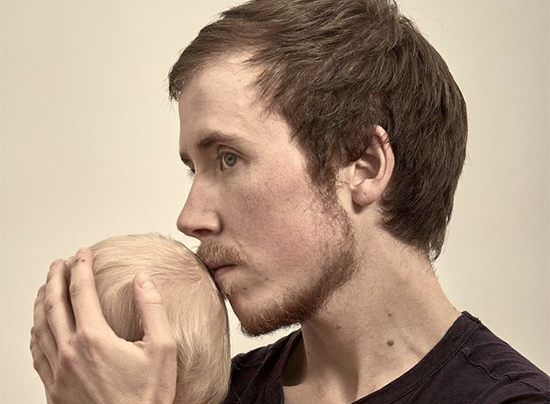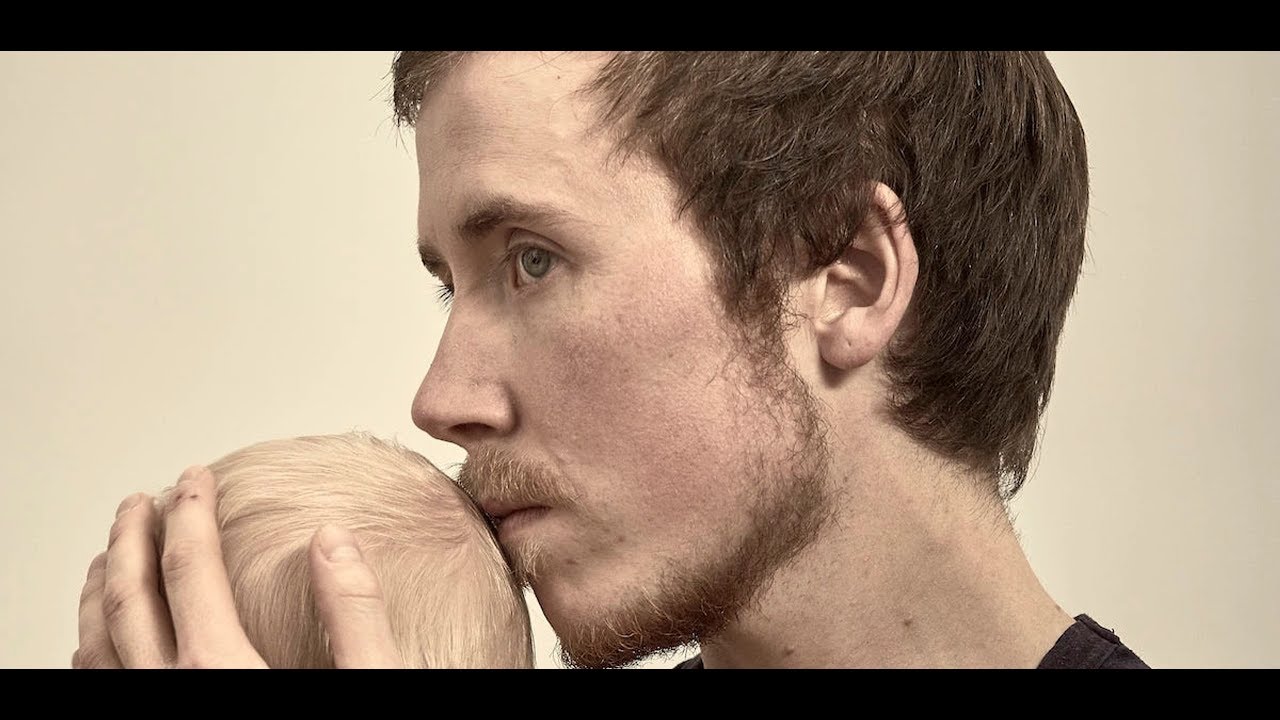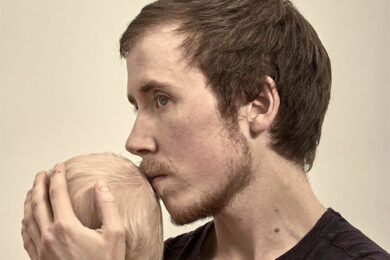Taking its name from the natural phenomenon of male seahorses carrying and spawning their offspring, Jeanie Finlay’s latest documentary, Seahorse, chronicles the trials and tribulations of Freddie McConnell, a 30-year-old transgender man who wants to have a baby.
By Freddie’s side from the beginning of his journey, Finlay takes a fly-on-the-wall approach, capturing daily life for Freddie over a year and drawing the curtains back on the frustrating, heartbreaking and often harsh reality of being a trans man seeking to get pregnant. Deciding that he wants to solo parent, Freddie begins a daunting medical journey. At doctors’ appointments, the viewer learns with Freddie the stress that pregnancy could put on his body, the process of buying sperm on the internet, and the fact that Freddie’s testosterone treatments will need to cease for his body to carry a baby. It’s a draining physical and emotional procedure.
Unlike other films that tell trans stories through a cis-gendered lens, Seahorse very much presents collaboration between Finlay and Freddie. One might be the director and the other the subject, but Freddie speaks directly to Finlay and, through her camera, the audience. It’s his words and voice we hear articulating the complex and often contradictory experience of giving birth as a trans man. Unlike the majority of cis parents, Freddie is also processing the fact that he is destabilishing his entire sense of being to have a baby. The film captures this loss through conversations Freddie has with Finlay, as well as self-taped sequences. “This is a film about me having a baby, but what I feel like I’m going through isn’t me having a baby, or pregnancy,” he says to her and us, explaining the disassociation he is having with his body.
As well as adjusting to an ever-changing body, Freddie is also dealing with society’s often openly hostile attitude towards trans people, especially trans parents. Moving home to his mum’s house, Freddie’s support circle is a small but loving one. As also captured in A Deal with the Universe, another documentary on the same subject, trans men birthing their children isn’t a new phenomenon within the trans and queer community, but within wider society, the concept is difficult for some cis-gendered people to get their heads around. Freddie has to deal with open hostility from his estranged father and microaggressions from family and friends. He finds himself alienated from the non-inclusive medical world, continually having to score out “pregnant women” on forms and change it to “pregnant people.”
But Seahorse also captures the lighter parts of Freddie’s journey, such as a tender moment between him and his mother as they look through Freddie’s old baby clothes and reminiscent about her pregnancy and Freddie’s childhood. While Seahorse may seem like an extraordinary story, Finlay’s naturalistic style of shooting the most mundane of domestic moments turns it into a recognisable tale for just about any family.
For all of the hardship Freddie has to endure during his pregnancy, his story is also a universal tale of community, family and growth. Finlay managed to be there in time to film Freddie’s labour – a water birth – and it’s as thrilling as any action movie. As Freddie pushes new life into the world, all of the pain falls away and love comes flooding in. Seahorse is trying to emulate these emotions captured during Freddie’s labour. It’s a testament to both Finlay and Freddie that it does, and then some.
Seahorse is available to watch on BBC Two & BBC iPlayer now




